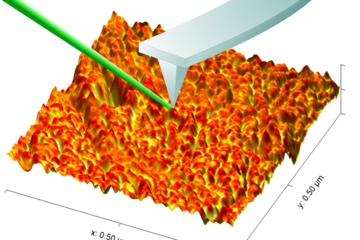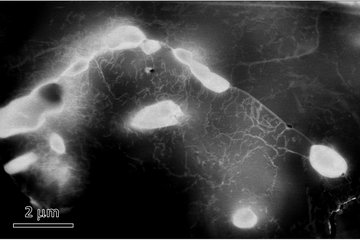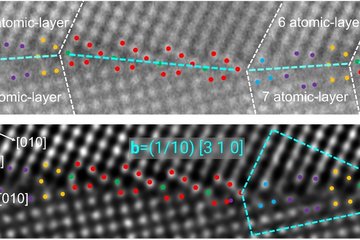All genres
21.
Poster
Combining ab initio with data mining techniques: Solution enthalpy of hydrogen in transition metals. DPG Frühjahrstagung 2012, Berlin, Germany (2012)
22.
Poster
High-Throughput Computation: The solution enthalpy of hydrogen in 3d metals derived from first principles. International workshop on Materials Discovery by Scale-Bridging High-Throughput, Bochum, Germany (2010)
23.
Poster
The solution enthalpy of hydrogen derived from first principles along the series of 3d metals. Ab initio description of Iron and Steel: Mechanical Properties, 468. Wilhelm und Else Heraeus-Seminar, Ringberg, Germany (2010)
24.
Poster
Chemical trends of the solution enthalpy of dilute hydrogen in 3d transition metals, derived from first principles. Summer School: Computational Materials Science, San Sebastian, Spain (2010)
25.
Poster
Towards an ab-initio based understanding of H-embrittlement in austenitic steels. Scientific Advisory Board Meeting 2009, MPIE, Düsseldorf, Germany (2009)
26.
Thesis - PhD
Interstitial solution enthalpies derived from rst-principles: Knowledge Discovery using High-Throughput Databases. Dissertation, Universität Paderborn, Fakultät für Naturwissenschaften, Paderborn, Germany (2016)
27.
Thesis - Diploma
Ab initio Studie der Energetik und Dynamik von Wasserstoff in Metallen. Diploma, Technische Fachhochschule Berlin, Berlin, Germany (2008)











